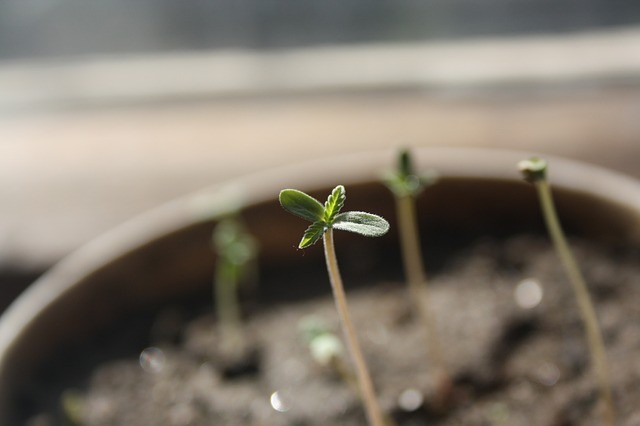Nonprofit organization The Pew Charitable Trust last week released commentary based on research and analysis of developing standards and regulations around cannabis testing in the U.S., for contaminants including pesticides, as well as for levels of various cannabinoids, especially THC. The article noted difficulties and obstacles with establishing uniform regulations for the cannabis industry, due to federal prohibition, among other issues.
Citing various U.S.-based industry regulators, cannabis advocates, and regulatory officials, the article highlighted the difficulties of establishing testing standards that provide an adequate spectrum of tests to safeguard cannabis users, while making sure those tests don’t prices producers and vendors right out of the market. The situation is further complicated by the variety of products that are offered, which can be consumed in any number of ways.
Lack of available data in the U.S. on the effects of cannabis, the report said, was due to federal prohibition on cannabis as a Schedule 1 drug, which hampered the ability of federal agencies to establish guidelines for cannabis products, despite widening legalization.
“In states that have legalized pot, regulators have struggled to make sure the bewildering array of products on dispensary shelves are safe to consume,” author Sophie Quinton said in the article. “States where the drug has been legally sold for several years such as Colorado, Oregon, and Washington are still trying to figure out standards and laboratory testing rules for potential toxins such as pesticides, solvents, and mold.”
Without established federal guidelines for cannabis testing or even recognized data from which to derive information to form guidelines, local state and municipal governments and industry business owners have had to develop testing schemes. Those vary widely from state-to-state, county, or city.
The article pointed out that lab facilities for testing cannabis also are not regulated by any federal standards, so accreditation of facilities in regards to testing cannabis is left to states, with each legal state developing standards for labs, so that those guidelines vary widely, state-to-state.
For instance, the article paraphrased Alaska Alcohol and Marijuana Control Office official Jedediah Smith who said, “Alaska’s laboratories are not certified by a state agency, although they are inspected by the American Association for Laboratory Accreditation, a nonprofit.” Smith also pointed out that laboratory regulations might be too vague.
The article also made note of the bottleneck created in the cannabis supply chain, when, soon after legalization, testing in Oregon became too cost prohibitive for producers to effectively bring crops to market. Eventually, testing costs leveled out to accommodate economic factors for small Oregon growers, initially financially disadvantaged by rates for testing.
When recreational marijuana in California becomes legal on January 1, laboratories will be allowed to test quantities of cannabis up to fifty pounds per test, to prevent a backlog of testing for smaller amounts. Berkeley, California-based Steep Hill Labs has suggested that testing standards for medical and recreational marijuana should differ, allowing for safe but varied levels of contaminants in recreational products.
The article concluded that it may be several years before legal states are able to develop testing regulations and policy.












